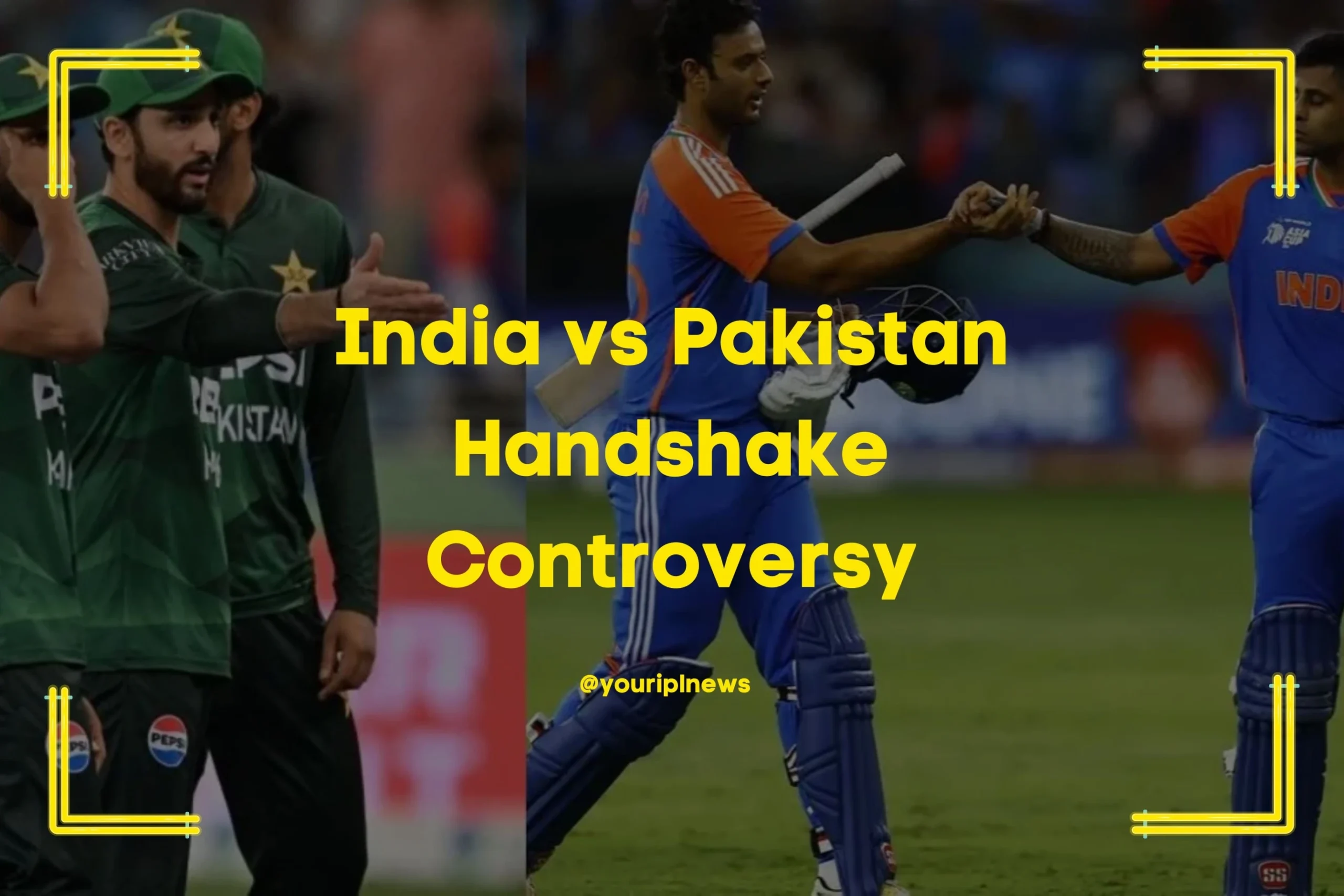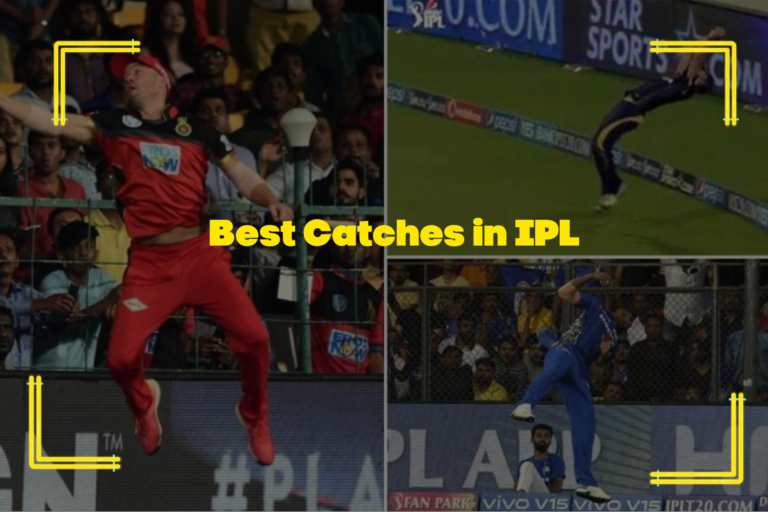No Handshake Leads to Controversy in India vs Pakistan Asia Cup Game

The India vs Pakistan match in Asia Cup 2025 was making news not only for the action on the field but also for what ensued after. The lack of post-match handshakes between the two teams resulted in a spate of criticism, media glare, and diplomatic overtones.
Your IPL News explains what took place, why it is important, and how it has been seen across the world.
What happened towards the end of India vs Pakistan?
India won comprehensively against Pakistan by 7 wickets on 14 September 2025 in a Group A match of the Asia Cup, which was being played in Dubai. India overcame Pakistan’s total of 128 runs in a mere 15.5 overs.
But when the match ended, Indian players directly left the field for their dressing room without shaking hands or saying hello to the Pakistani players. The Pakistani team stood there near the pitch anticipating the traditional sportsmanship move, but it did not materialize.
Even before, while tossing the coin, captains Salman Ali Agha (Pakistan) and Suryakumar Yadav (India) did not shake hands and also didn’t look into each other’s eyes, which was observed by the commentators and audience as well.
Why did the Indian team not want to shake hands with Pakistani players?
Indian skipper Suryakumar Yadav subsequently disclosed that the team did not shake hands as an act of respect for the victims of the Pahalgam terror attack that had taken place earlier in April 2025. He explained that this decision was made in support of the Indian military and the soldiers who lost their lives during Operation Sindoor.
He also made it clear that the action was in line with the direction of the Board of Control for Cricket in India (BCCI) and endorsed by the Indian government. Match referee Andy Pycroft had reportedly been told in advance and had told both captains not to shake hands at the toss.
Did India violate any rules by not shaking hands?
There is no official ICC regulation that mandates the shaking of hands of players or captains during a toss or after a game. Although the handshake has been an age-old cricket tradition, it is not binding by law.
The action is under the “spirit of the game” and was good sportsmanship. Hence, although India broke no rule in writing, the gesture was, according to some, a breach of traditional cricketing etiquette.
How did Pakistan react?
The Pakistan Cricket Board (PCB) protested and filed an official complaint with the organizers of the tournament. PCB Chairman Mohsin Naqvi described the Indian team’s act as “against the spirit of the game.”
Also, Pakistan captain Salman Ali Agha didn’t join the post-match ceremony. It was not a protest, according to the PCB officials, but a reaction to the disrespect perceived from the rival team.
Pakistan’s coach further stated that the team had been waiting for India to move in to shake hands, but the Indian team decided to leave the field straight away.
Why are handshakes significant in cricket, and what’s the etiquette?
Cricket handshakes are a symbolic gesture of sportsmanship and respect for each other. They bring to mind the fact that though national pride and rivalry are at stake, the game needs to be played in the correct spirit.
The standard procedure is:
- Captains’ handshakes prior to the game at the toss
- Teams’ handshakes after the game, usually as they depart the field
- Sportsmanship gestures while awarding presentation ceremonies and interacting with the media
Though not mandated by any legal rule, the traditions are a critical component of cricket’s unofficial code. They serve to uphold professionalism and respect between countries, particularly in intense rivalries such as India vs Pakistan.
What have the organizers said regarding the incident?
The Asian Cricket Council, which is led by Mohsin Naqvi, has taken cognizance of PCB’s protest. Though no disciplinary action was taken, tournament organizers affirmed that they had warned both teams against their usual handshakes pre-game owing to political sensitivities.
Match referee Andy Pycroft allegedly sanctioned the decision in consultation with both the cricket boards. Security and national sentiments have to be weighed and balanced against the ethos of sportsmanship, as highlighted by the officials of the tournament.
Conclusion
The controversy surrounding the handshake that was not given in the India vs Pakistan Asia Cup match is a reflection of the blend of sportsmanship, politics, and national sentiments. Although India’s act was perceived as a gesture of respect, Pakistan was offended and protested. Although no rule was violated, the occasion raised questions regarding the symbolism of such acts in charged matches. Cricket governing bodies may adopt protocols for future governing of off-field tensions more effectively.






